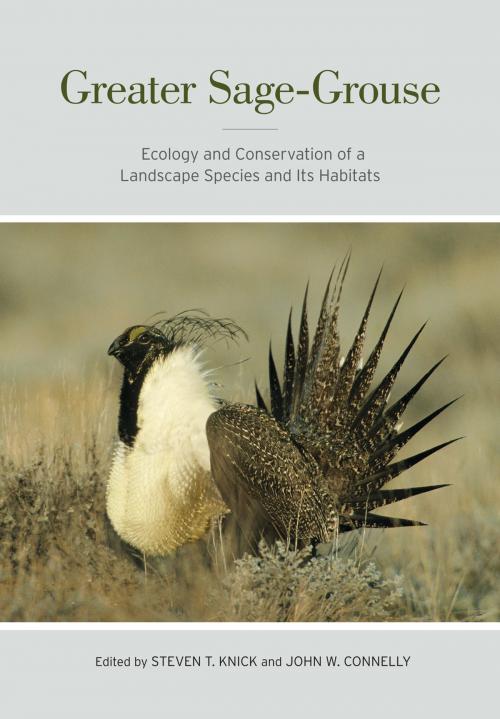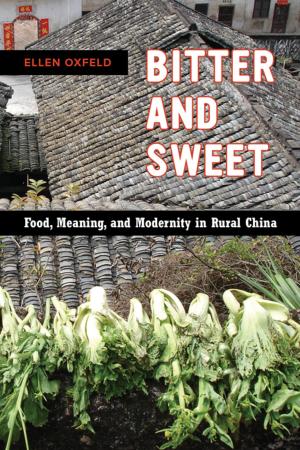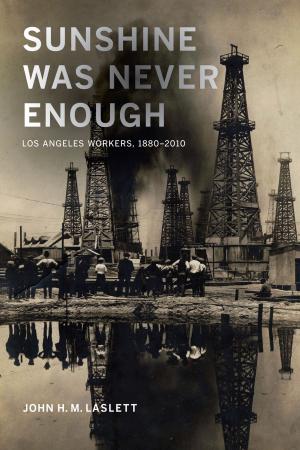Greater Sage-Grouse
Ecology and Conservation of a Landscape Species and Its Habitats
Nonfiction, Science & Nature, Nature, Environment, Ecology, Science, Biological Sciences, Zoology, Environmental Conservation & Protection| Author: | ISBN: | 9780520948686 | |
| Publisher: | University of California Press | Publication: | May 19, 2011 |
| Imprint: | University of California Press | Language: | English |
| Author: | |
| ISBN: | 9780520948686 |
| Publisher: | University of California Press |
| Publication: | May 19, 2011 |
| Imprint: | University of California Press |
| Language: | English |
Admired for its elaborate breeding displays and treasured as a game bird, the Greater Sage-Grouse is a charismatic symbol of the broad open spaces in western North America. Unfortunately these birds have declined across much of their range—which stretches across 11 western states and reaches into Canada—mostly due to loss of critical sagebrush habitat. Today the Greater Sage-Grouse is at the center of a complex conservation challenge. This multifaceted volume, an important foundation for developing conservation strategies and actions, provides a comprehensive synthesis of scientific information on the biology and ecology of the Greater Sage-Grouse. Bringing together the experience of thirty-eight researchers, it describes the bird’s population trends, its sagebrush habitat, and potential limitations to conservation, including the effects of rangeland fire, climate change, invasive plants, disease, and land uses such as energy development, grazing, and agriculture.
Admired for its elaborate breeding displays and treasured as a game bird, the Greater Sage-Grouse is a charismatic symbol of the broad open spaces in western North America. Unfortunately these birds have declined across much of their range—which stretches across 11 western states and reaches into Canada—mostly due to loss of critical sagebrush habitat. Today the Greater Sage-Grouse is at the center of a complex conservation challenge. This multifaceted volume, an important foundation for developing conservation strategies and actions, provides a comprehensive synthesis of scientific information on the biology and ecology of the Greater Sage-Grouse. Bringing together the experience of thirty-eight researchers, it describes the bird’s population trends, its sagebrush habitat, and potential limitations to conservation, including the effects of rangeland fire, climate change, invasive plants, disease, and land uses such as energy development, grazing, and agriculture.















